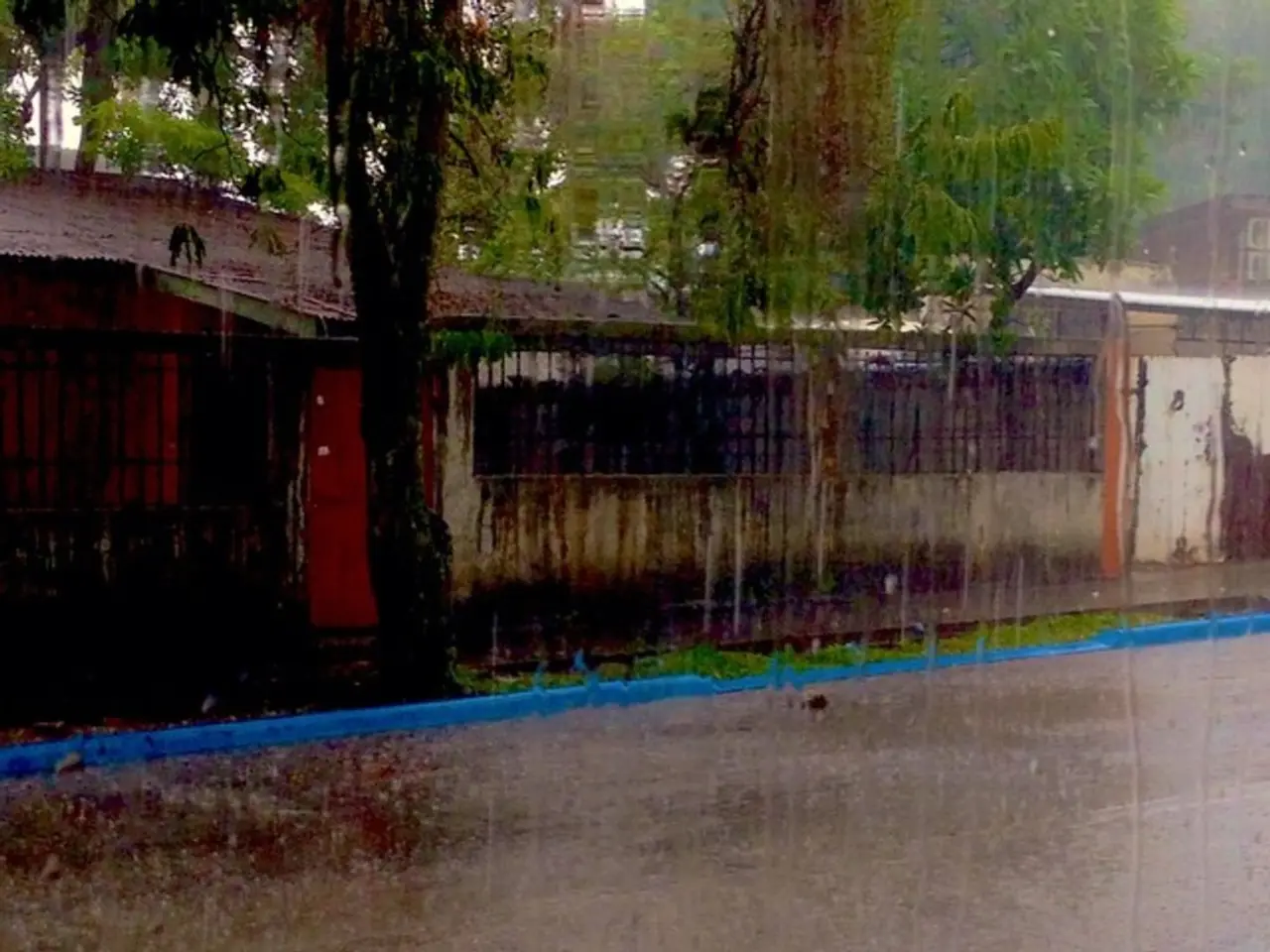Shark Encounters in Florida: A F interesting Mix of Vibrant Hues and Attractant Bait
Volusia County, Florida, has earned the nickname "shark bite capital of the world" due to its high number of recorded shark encounters, particularly in New Smyrna Beach[1]. This city within the county consistently tops global charts for shark encounters, with factors such as an active surfing community, dense bait fish populations, and increased human activity in the water contributing to the high number of incidents[1].
New Smyrna Beach embraces this reputation culturally, with shark-themed statues celebrating its status as the shark bite capital[2]. Despite the nickname, it's important to note that most shark bites here are minor injuries rather than severe attacks[1].
Most shark bites are quick, exploratory, and non-lethal, even in places with high incidences of shark bites like Florida's northern coast. In fact, many shark bites are listed as "unknown shark species" due to quick encounters, murky visibility, and extreme stress for the victim[1].
The majority of shark bites in Florida are attributed to blacktip sharks, which are known for their small size and tendency to mistake toes and fingers for small bait fish[1]. Bull sharks and tiger sharks, both species known to have bitten humans, are also found in coastal Florida[1].
To reduce the risk of shark bites, researchers recommend avoiding swimming at dawn, dusk, or during heavy fish activity. Refrain from wearing shiny jewelry or bright clothing, and steer clear of steep drop-offs and schools of fish[1]. Swimming in groups and keeping an eye out for posted warnings are also advised[1].
Despite the high number of shark bites, it's important to remember that sharks are usually opportunistic feeders that favor smaller prey and have no interest in humans unless provoked or frenzied[1]. Sharks are essential to the health of ocean ecosystems, and efforts to conserve them are crucial for maintaining a balanced marine environment.
In 2024, the U.S. led the world in shark bites, with 14 of the bites occurring in Florida[1]. Other environmental triggers for shark bites include the presence of diving seabirds, rip tides stirring up food sources, and steep drop-offs[1].
While Volusia County may be known as the "shark bite capital of the world," it's crucial to approach the ocean with respect and awareness, ensuring a safe and enjoyable experience for both humans and sharks.
Sources: [1] Florida Museum of Natural History, 2025. [2] City of New Smyrna Beach, 2025.
- The environment and history of New Smyrna Beach, Florida, include a significant impact from the science field, as researchers study shark behavior to reduce the occurrence of shark bites, a common issue in the region.
- Technology can play a role in the future of coexisting with sharks and maintaining a healthy ecosystem, as advancements in marine equipment and warning systems could potentially minimize shark-human interactions.
- In addition to sharks' environmental significance, their cultural influence is also visible in New Smyrna Beach, where they are celebrated through unique sculptures and an embraced reputation as the "shark bite capital of the world."





